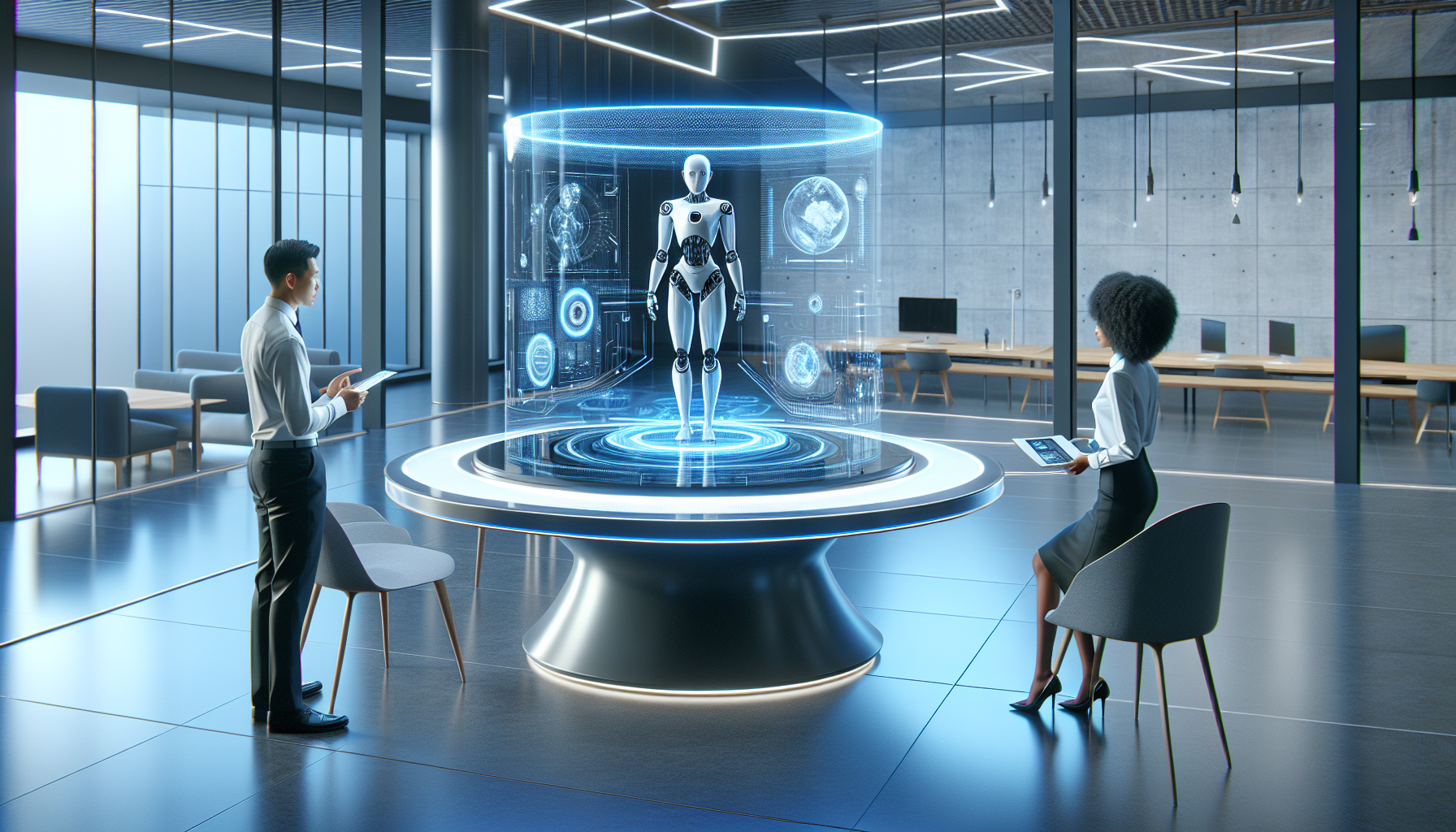
Quantum Computing and AI: A Powerful Combination-Case Study of an Emerging Synergy
September 4, 2025
Quantum computing, with its potential to revolutionize computational capabilities, is finding a compelling partner in artificial intelligence (AI). This combination is not merely theoretical; it is being actively explored in research labs and tech companies worldwide. The intersection of these two fields presents a fascinating case study into how emerging technologies can converge to create unprecedented opportunities.
At the heart of this synergy is the realization that quantum computers can process information at speeds and scales that classical computers cannot match. This capability is especially pertinent to AI, which often demands immense computational power and speed to process large datasets and execute complex algorithms. Google Quantum AI and IBM Quantum are leading examples of companies pioneering efforts in this domain, exploring how quantum computers can accelerate AI processes.
One of the most promising areas where quantum computing can enhance AI is in the realm of machine learning. Traditional machine learning models, such as neural networks, require significant amounts of processing power, particularly during the training phase. Quantum computing can potentially reduce the time it takes to train these models by orders of magnitude. This is achieved through quantum algorithms that can process information in parallel, making it possible to solve certain problems much faster than classical algorithms.
For instance, Quantum Support Vector Machines (QSVM) are being developed to classify data in ways that are both faster and more efficient than their classical counterparts. This advancement is crucial for industries reliant on rapid data processing, such as financial services, where algorithms must sift through vast amounts of data to detect patterns and make predictions in real time.
Moreover, quantum computing’s ability to tackle combinatorial optimization problems could transform AI applications in logistics, supply chain management, and even drug discovery. These problems, which involve finding an optimal object from a finite set of objects, are notoriously difficult for classical computers. Quantum algorithms like the Quantum Approximate Optimization Algorithm (QAOA) offer a promising approach to solving these complex issues more efficiently.
A practical case study can be found in the pharmaceutical industry, where AI-driven drug discovery is being supercharged by quantum computing. This industry often faces challenges related to molecular simulation and optimization problems. Quantum computing provides a new paradigm for simulating molecules with high precision, enabling researchers to identify potential drug candidates more swiftly and accurately. Companies such as D-Wave and Rigetti Computing are at the forefront of integrating quantum computing with AI to streamline these processes.
Additionally, the defense sector is exploring quantum-enhanced AI to improve cybersecurity measures. Quantum computing can potentially outstrip current encryption methods, leading to the development of new, more secure cryptographic protocols. By employing AI to predict and react to threats in real time, quantum computing ensures that these systems remain robust against increasingly sophisticated cyberattacks.
However, the combination of AI and quantum computing is not without its challenges. The field is still in its infancy, and significant technical hurdles remain. Quantum computers are susceptible to errors due to environmental factors, which can affect the reliability of computations. Moreover, developing quantum algorithms that can be effectively implemented on available quantum hardware is an ongoing area of research.
Despite these challenges, the potential benefits of integrating quantum computing with AI are driving continued investment and research. Collaborative initiatives between tech giants, academic institutions, and startups are paving the way for breakthroughs that could redefine the boundaries of what is computationally possible.
In considering the future of quantum-enhanced AI, one must ponder the ethical and societal implications of such powerful technologies. How will they reshape industries, workforce dynamics, and even global power structures? As we stand on the cusp of this technological revolution, it is crucial to engage in thoughtful discourse on the implications of these advancements.
The intersection of quantum computing and AI not only promises to solve some of the most challenging problems facing humanity today but also invites us to reconsider our relationship with technology. What new frontiers will this powerful combination unveil, and how can we harness its potential responsibly? These are questions that demand our attention as we venture into this exciting new era of computational innovation.


